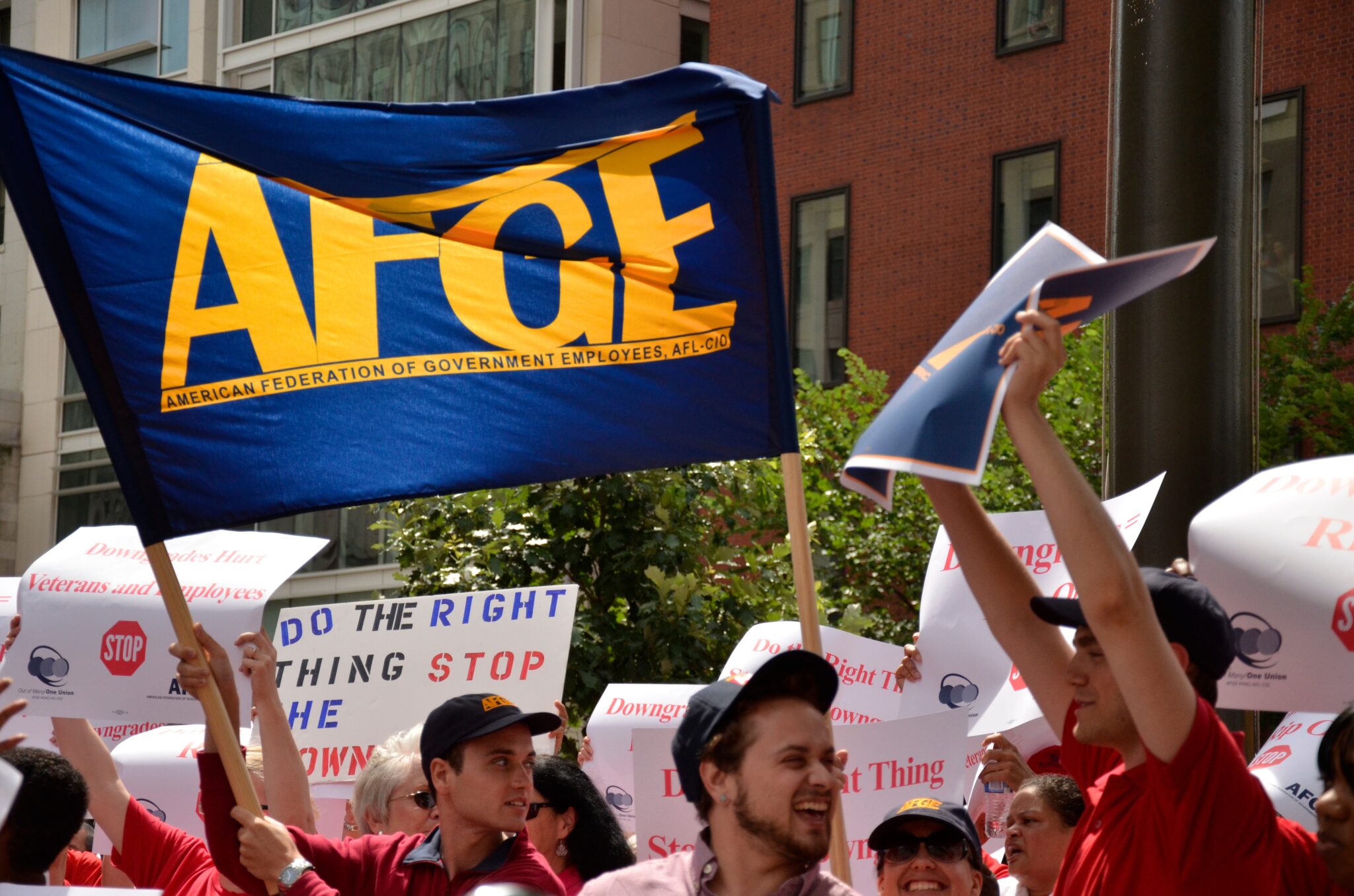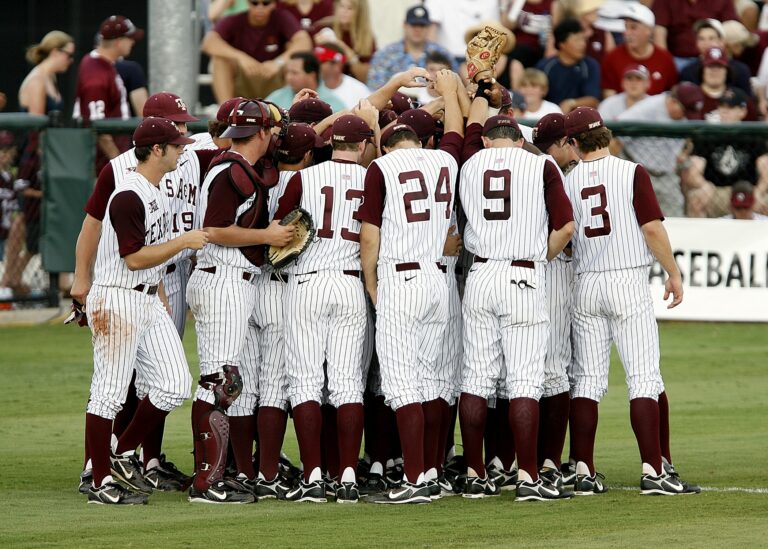
Mila Rostain is a student at Harvard Law School.
In today’s News and Commentary, the Wisconsin Supreme Court holds that UW Health nurses are not covered by Wisconsin’s Labor Peace Act, a district judge denies the government’s request to stay an injunction pending appeal, and the NFL Players Association (“NFLPA”) is appealing an arbitration decision that found insufficient evidence of collusion in violation of the collective bargaining agreement by NFL owners.
Earlier this month, the Wisconsin Supreme Court unanimously held that the Wisconsin Employment Peace Act (“Peace Act”) did not apply to nurses at UW Health. According to the Court, Act 10 ended the University of Wisconsin Hospitals and Clinics Authority’s (“Authority”) collective bargaining requirements. The Authority was created by the legislature in 1995 and explicitly incorporated into the Peace Act, which covers private sector collective bargaining, as a covered employer. When Act 10 was signed into law in 2011, the legislature removed the reference to the Authority as a covered employer. Writing for the Court, Judge Brian Hagedorn reasoned that the deletion of the Authority from the Peace Act, coupled with a broader effort to restrict the collective bargaining rights of public employees, signaled legislative intent that the statute no longer covered the Authority. Last year, the NLRB declined to assert jurisdiction over the nurses, finding that the Authority was a political subdivision of the state and thus not an employer under the NLRA. In response to the decision, SEIU Wisconsin, UW nurses’ union, stated, “[w]e will continue to explore all possible pathways to restoring our full collective bargaining rights, including seeking voluntary recognition and passing legislation, to ensure that all of us, no matter who we are or where we work, have a seat at the table and a voice in our workplace.”
Yesterday, Judge James Donato of the U.S. District Court for the Northern District of California denied the government’s request for an emergency administrative stay of the preliminary injunction pending appeal. As I previously wrote, Judge Donato enjoined agencies from implementing an executive order eliminating bargaining rights for federal workers. The government appealed his injunction. Judge Donato’s decision to deny the request for an emergency administrative stay comes right after the Ninth Circuit granted a request for an administrative stay pending a decision on the emergency motion for a stay pending appeal.
On Tuesday, the NFLPA sought an appeal of an arbitrator’s decision that there was insufficient evidence to show that NFL owners colluded in violation of the players’ collective bargaining agreement. While there was “a clear preponderance of the evidence that concerted action was contemplated and invited at the March 2022 owners meeting,” the arbitrator found there was not sufficient evidence that the owners had joined in a collusive agreement or acted in accordance to support the other two elements of collusion.






Daily News & Commentary
Start your day with our roundup of the latest labor developments. See all
August 29
Trump fires regulator in charge of reviewing railroad mergers; fired Fed Governor sues Trump asserting unlawful termination; and Trump attacks more federal sector unions.
August 28
contested election for UAW at Kentucky battery plant; NLRB down to one member; public approval of unions remains high.
August 27
The U.S. Department of Justice welcomes new hires and forces reassignments in the Civil Rights Division; the Ninth Circuit hears oral arguments in Brown v. Alaska Airlines Inc.; and Amazon violates federal labor law at its air cargo facility in Kentucky.
August 26
Park employees at Yosemite vote to unionize; Philadelphia teachers reach tentative three-year agreement; a new report finds California’s union coverage remains steady even as national union density declines.
August 25
Consequences of SpaceX decision, AI may undermine white-collar overtime exemptions, Sixth Circuit heightens standard for client harassment.
August 24
HHS cancels union contracts, the California Supreme Court rules on minimum wage violations, and jobless claims rise